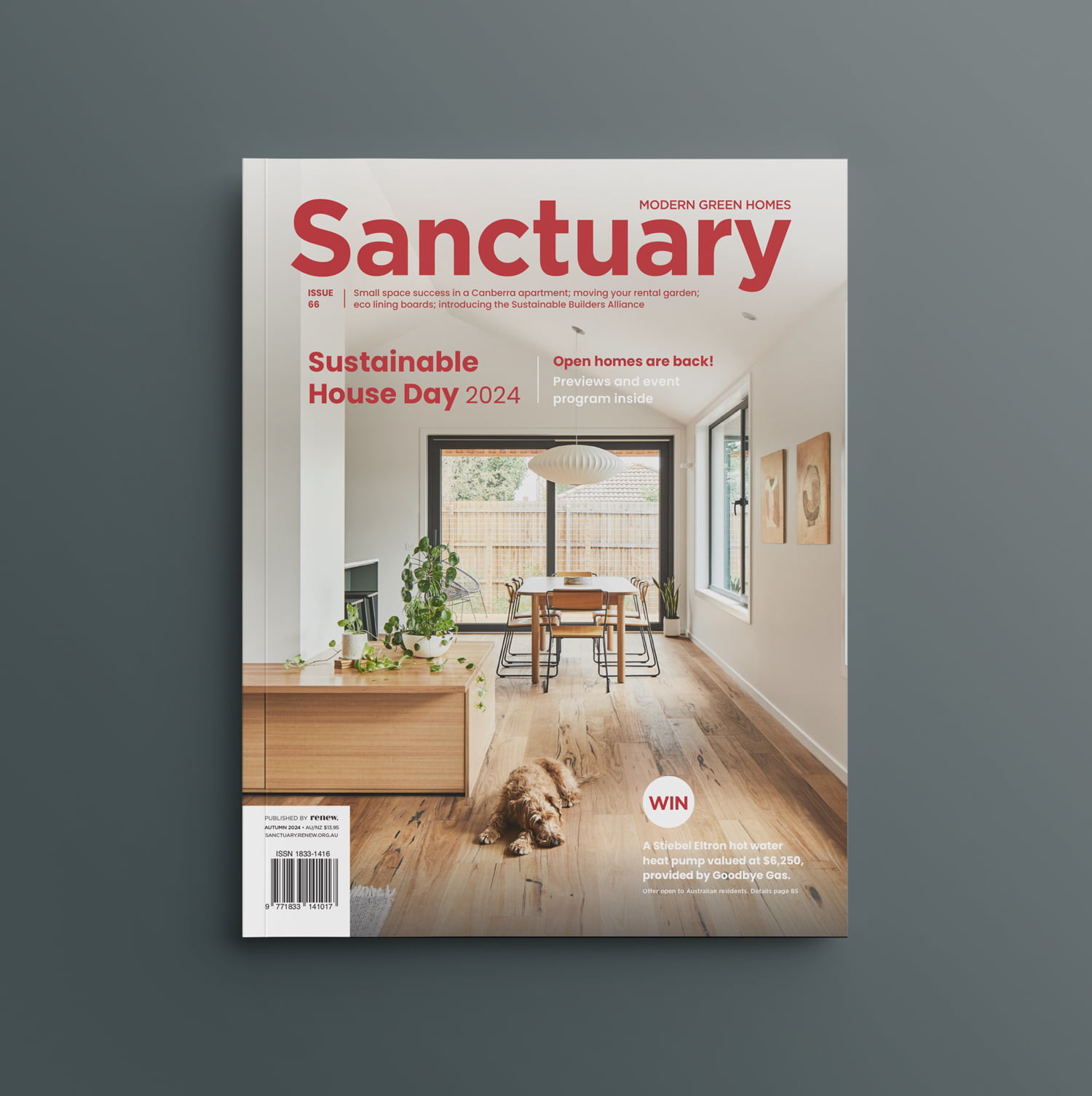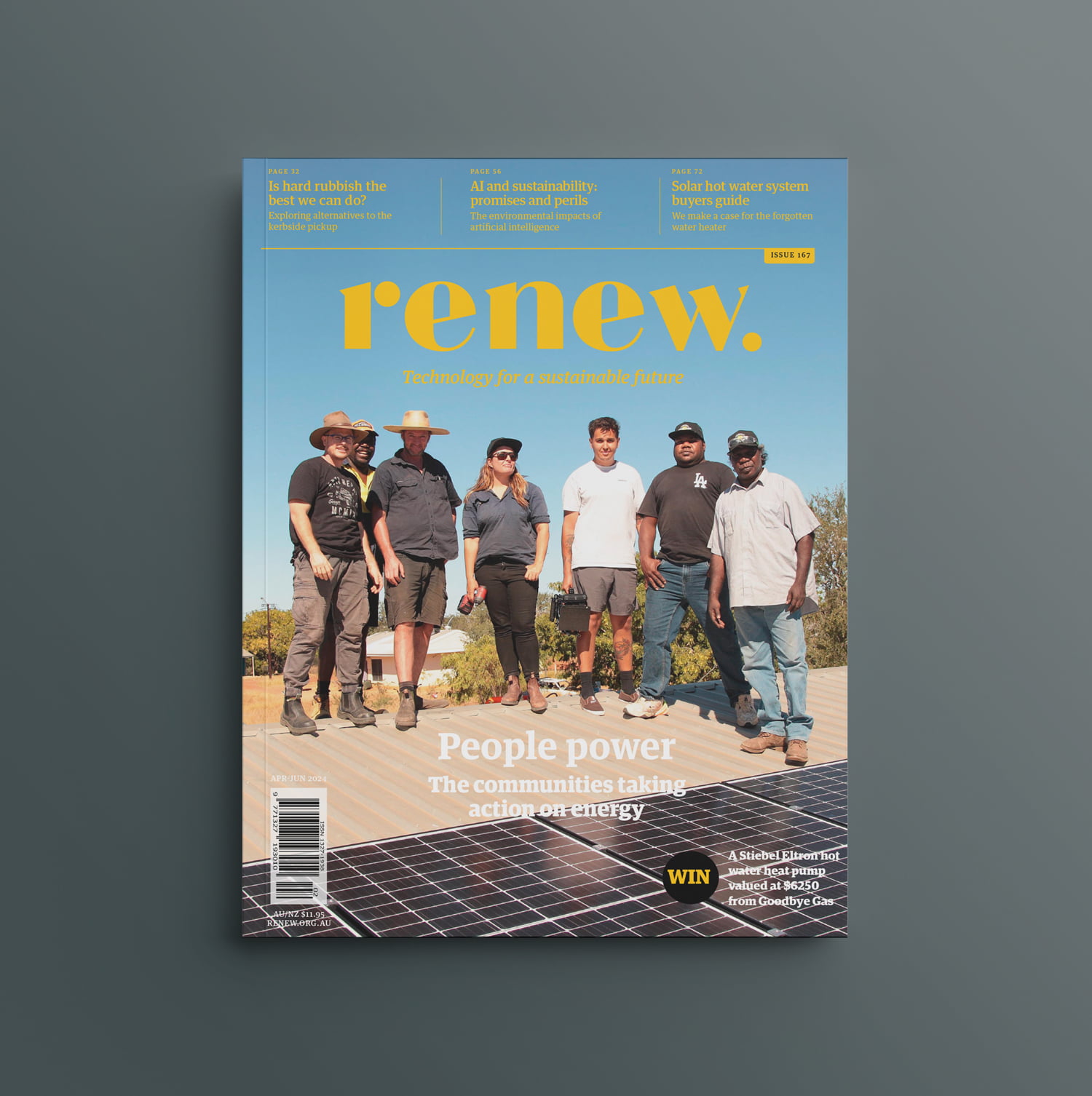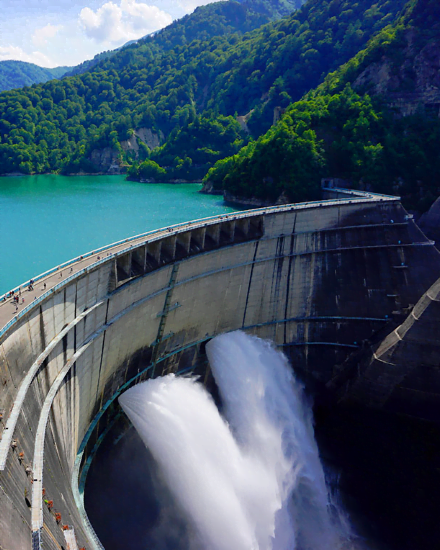Renew comments on VIC emissions reduction targets
An Independent Expert Panel recommend to the Victorian Government 2025 and 2030 emission reductions targets as interim steps on the way to Victoria’s plan to achieve net zero emissions by 2050. The Panel recommended a target of between 32 and 39% reduction of 2005 levels by 2025, and between 45 and 60% by 2030. The Panel also recommended that the emissions reduction trajectory should be based on keeping global temperature rise below 2°C.
Renew’s submission disagreed with these metrics. We urged the Government to base the trajectory on limiting temperature rise to 1.5°C (which The Panel’s report acknowledges has significantly lower impacts than 2°C), and to set a 55% 2025 target and a 75% 2030 target. Our rationale is twofold:
- This approach makes it more feasible to hit the 1.5°C limit
- It makes sense to go for big reductions sooner, giving us more time to develop approaches for dealing with the more difficult last 25% of emissions reductions needed.
The low-hanging fruit in emissions reduction is reducing the emissions from electricity generation – as this represents almost half Victoria’s emissions. We recommend establishing pilot programs to trial various approaches to bringing online renewable electricity supply capacity and closing down coal power stations early in order to meet the target.
Another target is transport (20% of our emissions), which will take longer to transition because the vehicle fleet turns over fairly slowly. The hardest component is agriculture and industrial processes, but they are also a much smaller share of our emissions – so leaving them until later gives us more time for technological and industry change that will help reduce emissions.
We also urged the Government to pursue energy efficiency improvements; develop more comprehensive industry transition programs (to help workers and communities reliant in emissions-intensive industries); and develop a ‘just transition’ framework to support low income and vulnerable households and communities during the transition to a zero-emissions future.


